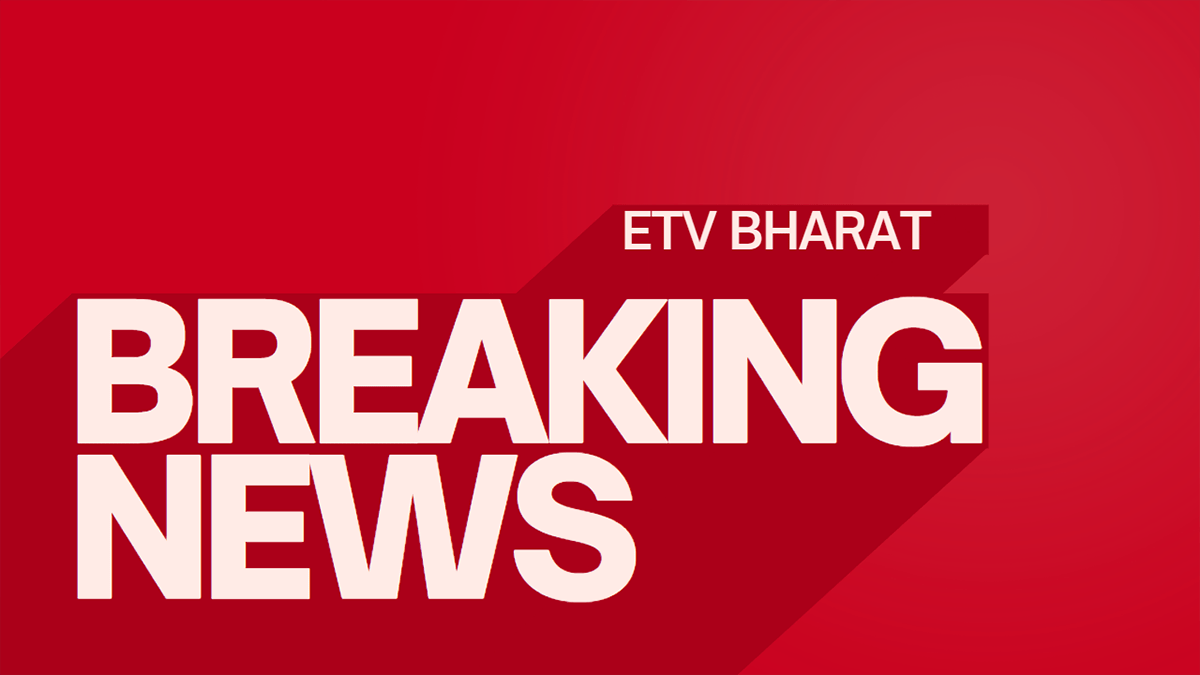Hyderabad: Dissent is a fundamental feature of democracy. The Constitution of India has stressed upon it by providing a statutory position to the leader of the opposition. Political parties that swear to abide by the constitution; are pushing all directives to the backburner right from the time they get elected. Using the defamation law framed by colonial masters, current rulers are suppressing the freedom of the press. Recently, the Madras High Court condemned the government’s attempts at throttling the fourth power’s freedom. Will the governments, keen on clamping down on anyone who opposes them, pay heed to the court’s orders?
Jayalalithaa is famously called Puratchi Thalaivi (revolutionary leader) in Tamil Nadu, which is known for its revenge politics. She was notorious for suppressing the journals, news channels and media personnel who reported her wrongdoings, with defamation cases. Between 2011 and 13, the Tamil Nadu government filed more than 25 defamation lawsuits against the likes of The Hindu, Nakkheeran, The Times of India, Dinamalar, Tamil Murasu, Murasoli and Dinakaran. The AIADMK activists attacked Nakkheeran’s office, for having reported DMK’s protests against the ruling government’s negligence in controlling cholera in Chennai. Justice Abdul’s ruling that civil servants and those in constitutional positions should not abuse the defamation law for personal vendetta; came as a wakeup call to the leaders. He further added that civil servants and elected representatives are answerable to the public.Hence, they must be prepared to face criticism.
Also read: Sachin Pilot slams Union govt, says no holistic plan for lockdown exit
The High Court’s suggestion that the government must take a parental stance on citizens’ criticism, is laudable. The judge diligently suggested that state governments should be more restrained and mature in dealing with defamation cases of criminal nature. In the era of social media, it is reasonable to expect that the state courts can work on more cases if not for a surge in defamation lawsuits.
Another key aspect of Justice Abdul’s verdict raises several questions. He pointed out that under Section 199(2), though the prosecution has been launched against several individuals and corporations; there was no mention of libel against the state government. Criticizing the Chief Minister or government’s negligence does not fall under disrepute. However, the Tamil Nadu government under the ruling of AIADMK filed a record 226 defamation cases during 2012 and 20. In 2016, the Supreme Court questioned the morale behind slapping defamation cases against those who reported Chief Minister Jayalalithaa’s health condition. Despite SC’s ruling, the situation has not changed.
Two years ago, Congress leader KK Mishra alleged that crucial government posts were given to Shivraj Singh Chouhan’s (CM of Madhya Pradesh) wife’s relatives and that the local BJP government was in contact with the accused in Vyapam scam. Consequently, Mishra was sentenced to two years jail term in a defamation case. The Supreme Court struck down the case, objecting to the prosecutor’s failure to independently evaluate the facts. The SC asked Chouhan and his wife to file individual cases if needed and warned the MP government against using defamation law for personal reasons.
Also read: Virus, heat wave and locusts form perfect storm in India
Kejriwal, who faced the wrath of four defamation cases for his criticism of the government; has challenged the constitutional basis of this law in the Supreme Court. The same Kejriwal warned that defamation cases under criminal law will be filed against those who try to tarnish his government’s reputation. In fact, the apex court itself called out his double standards.
Many countries such as the US, the UK and Sri Lanka have repealed criminal libel from their constitution. India chose to retain it in the event of emergencies. Though the SC has warned against its misuse for personal vendetta, political leaders continue to abuse the law to suppress public dissent. In order to safeguard the freedom of the press, reforms to the existing defamation laws are necessary.



